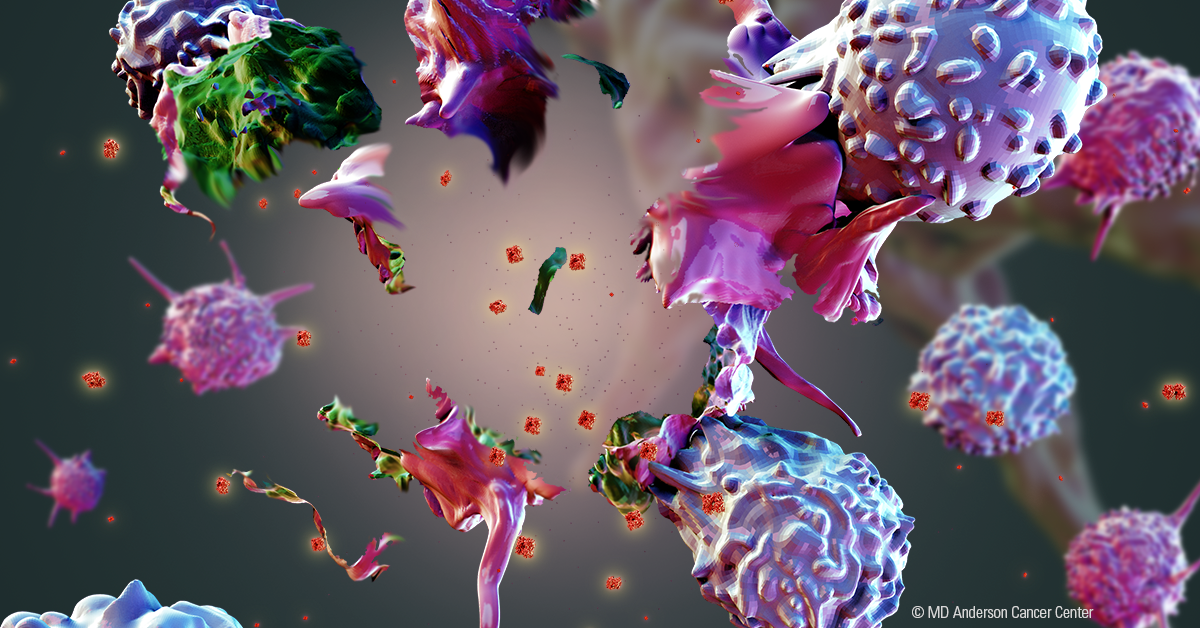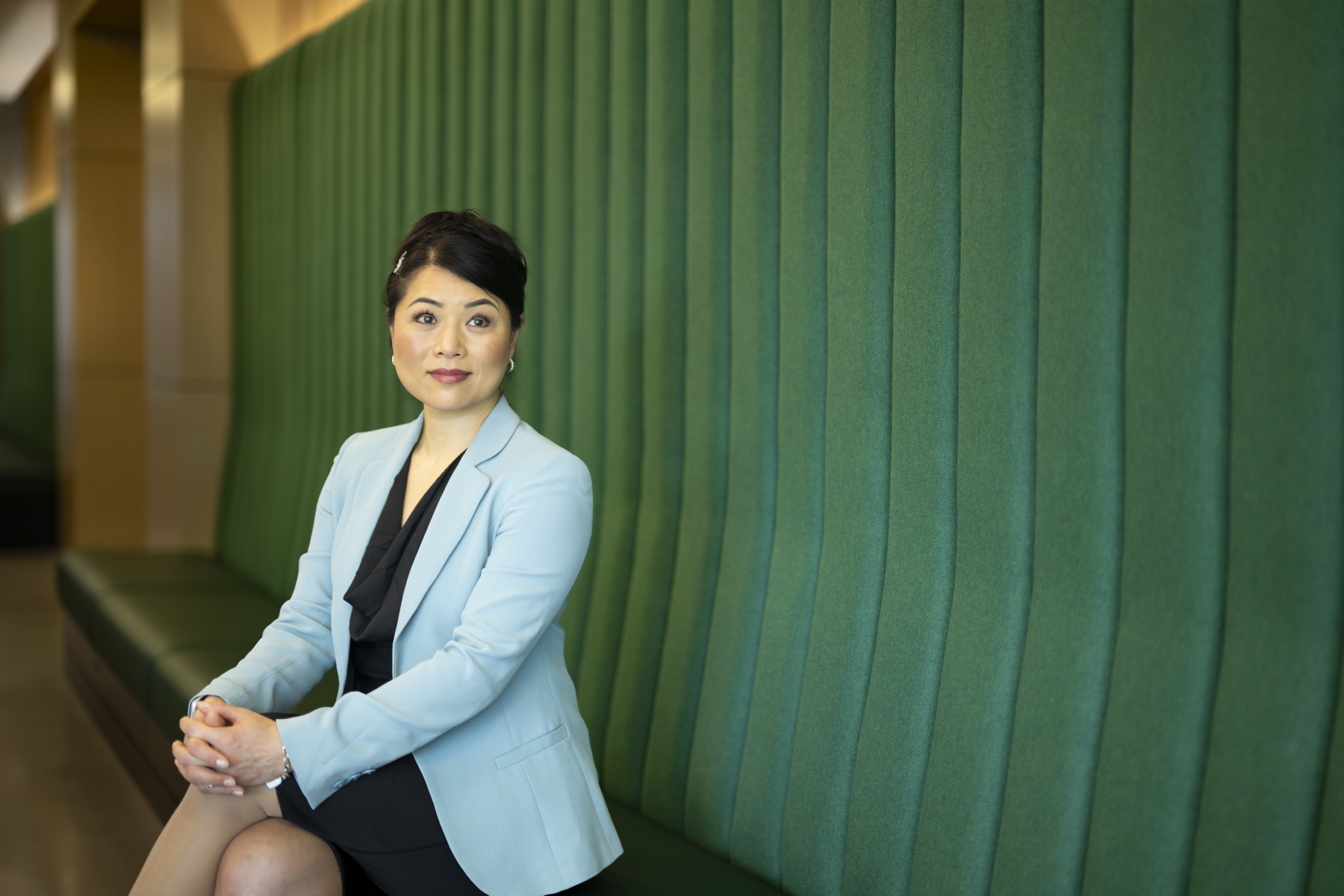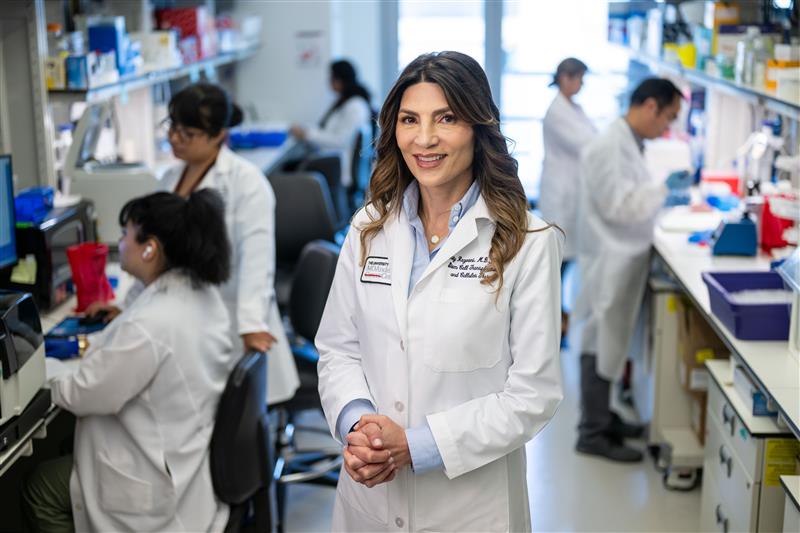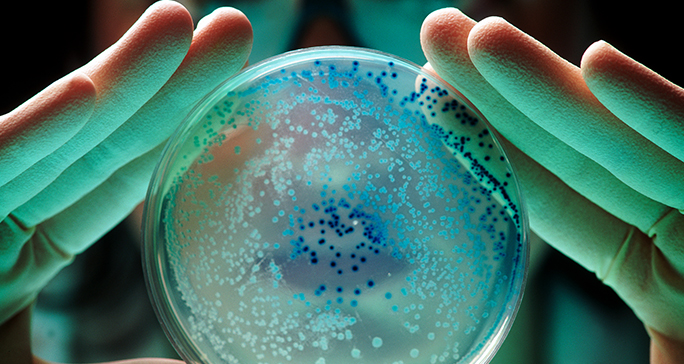- Diseases
- Acoustic Neuroma (14)
- Adrenal Gland Tumor (24)
- Anal Cancer (68)
- Anemia (2)
- Appendix Cancer (16)
- Bile Duct Cancer (26)
- Bladder Cancer (72)
- Brain Metastases (28)
- Brain Tumor (232)
- Breast Cancer (714)
- Breast Implant-Associated Anaplastic Large Cell Lymphoma (2)
- Cancer of Unknown Primary (4)
- Carcinoid Tumor (8)
- Cervical Cancer (158)
- Colon Cancer (166)
- Colorectal Cancer (116)
- Endocrine Tumor (4)
- Esophageal Cancer (44)
- Eye Cancer (36)
- Fallopian Tube Cancer (8)
- Germ Cell Tumor (4)
- Gestational Trophoblastic Disease (2)
- Head and Neck Cancer (12)
- Kidney Cancer (128)
- Leukemia (340)
- Liver Cancer (50)
- Lung Cancer (286)
- Lymphoma (278)
- Mesothelioma (14)
- Metastasis (30)
- Multiple Myeloma (100)
- Myelodysplastic Syndrome (60)
- Myeloproliferative Neoplasm (4)
- Neuroendocrine Tumors (16)
- Oral Cancer (100)
- Ovarian Cancer (172)
- Pancreatic Cancer (160)
- Parathyroid Disease (2)
- Penile Cancer (14)
- Pituitary Tumor (6)
- Prostate Cancer (146)
- Rectal Cancer (58)
- Renal Medullary Carcinoma (6)
- Salivary Gland Cancer (14)
- Sarcoma (238)
- Skin Cancer (294)
- Skull Base Tumors (56)
- Spinal Tumor (12)
- Stomach Cancer (64)
- Testicular Cancer (28)
- Throat Cancer (92)
- Thymoma (6)
- Thyroid Cancer (96)
- Tonsil Cancer (30)
- Uterine Cancer (80)
- Vaginal Cancer (16)
- Vulvar Cancer (20)
- Cancer Topic
- Adolescent and Young Adult Cancer Issues (20)
- Advance Care Planning (10)
- Biostatistics (2)
- Blood Donation (18)
- Bone Health (8)
- COVID-19 (362)
- Cancer Recurrence (120)
- Childhood Cancer Issues (120)
- Clinical Trials (630)
- Complementary Integrative Medicine (22)
- Cytogenetics (2)
- DNA Methylation (4)
- Diagnosis (232)
- Epigenetics (6)
- Fertility (62)
- Follow-up Guidelines (2)
- Health Disparities (14)
- Hereditary Cancer Syndromes (126)
- Immunology (18)
- Li-Fraumeni Syndrome (8)
- Mental Health (116)
- Molecular Diagnostics (8)
- Pain Management (62)
- Palliative Care (8)
- Pathology (10)
- Physical Therapy (18)
- Pregnancy (18)
- Prevention (912)
- Research (392)
- Second Opinion (74)
- Sexuality (16)
- Side Effects (604)
- Sleep Disorders (10)
- Stem Cell Transplantation Cellular Therapy (216)
- Support (402)
- Survivorship (320)
- Symptoms (182)
- Treatment (1786)
Man in pink: My male breast cancer journey
4 minute read | Published November 13, 2012
Medically Reviewed | Last reviewed by an MD Anderson Cancer Center medical professional on November 13, 2012
Oliver Bogler, Ph.D., is senior vice president of Academic Affairs and professor of neurosurgery research at MD Anderson. He was diagnosed with male breast cancer in Sept. 2012. Five years earlier, his wife, Irene Newsham, Ph.D., was diagnosed with breast cancer. This is the first post in an ongoing series.
When my wife, Irene Newsham, Ph.D., and I moved to Houston almost eight years ago to work at MD Anderson, we had no idea how important a role it would play in our lives.
Of course, we realized it would be an important career move for us to join this top cancer center, and we jumped at the chance to join its brain tumor center research group. We also realized that close connections between the labs and the clinics, and the tremendous sense of mission and cooperation, make MD Anderson a special place to work.
But we had no idea that we would both be patients here as well, and experience that other, deeper, connection to the place and, more importantly, to the people that make MD Anderson what it is.
Irene and I were both diagnosed with breast cancer at age 46. She is a survivor who just passed the magical five years post-diagnosis mark in early October of this year. I started my journey just a couple of weeks before that, in late September. You might call it a seamless handover of the breast cancer baton. You might call it downright weird.
People ask me how I found out, and my answer is the same as that of most: I felt a lump. Like many, I thought about it for a while and watched it. Some days my lump seemed bigger. Other days, it ached in a dull way or gave me a twinge of pain when I reached for something on a high shelf. I googled. Breast cancer isn't supposed to hurt. It's supposed to cause skin changes, but all looked normal. It must be something else, I told myself.
I felt too awkward about it to even talk to Irene. I mean, here I am married to someone who has had breast cancer. I saw her go through the chemo, emptied her drains after surgery and was there when she rang the bell the day she completed radiation therapy. And now I was going to tell her that I think that maybe I have breast cancer, too? Seriously. My main concern was how silly I would feel when it turned out to be nothing.
But when it didn't go away after several weeks, I realized I would have to have it checked out. First, I had to find a primary care physician for a reality check. Not having been to a doctor for quite a while, I had to find one who was taking new patients. I told Irene that I was going for a regular checkup. I felt bad for not sharing the real reason. But then again, I didn't want to wake her fears and anxieties. And let me be honest, I didn't want to look foolish.
Poked and prodded
Right away the doctor I saw suggested I get a mammogram and a biopsy. That was when I decided to go to MD Anderson, and that was also the point when I told Irene. And I felt ready to also see a member of our faculty -- after all, if it was all a false alarm, I was simply being careful on the advice of a physician.
I contacted Kelly Hunt, M.D., in surgical oncology because I associated surgery with biopsy. She referred me to diagnostic imaging, and, once I was scheduled, things moved quickly. We started with a mammogram, just the first of several experiences that I was never expecting to have. The awkwardness I felt was helped by the kind comment from the radiology technician that they do mammograms on guys all the time.
A little later, I was lying with my right arm up, having an ultrasound of my right breast, and noticed that the technician was taking screenshots and measurements of a large lymph node in my armpit. I remember thinking to myself: interesting lymph nodes are never a good thing. I started getting worried, knowing from Irene's experience that lymph nodes with cancer in them change your staging and prognosis.
Then Dr. Wei Yang from radiology came in to do the biopsy. Like many of our faculty, I knew her from professional interactions. I knew her initially from a conference on women's cancer in Beirut organized by MD Anderson's Global Academic Program, which I was heading at the time.
Diagnosis confirmed
Dr. Yang told me it was almost definitely cancer, just based on the mammogram and ultrasound. Cytology of the fine needle aspirate of the lymph node soon added to the suspicion, and my diagnosis was confirmed by the pathology reports a few days later. It was a shock, of course, but delivered by a trusted colleague in a very solicitous manner.
Once the shock wore off, and I had a chance to consider it, I realized that I hadn't escaped feeling foolish. But I felt this way for waiting too long before seeing a doctor, and not for the reasons I had feared.
So, with my hindsight I encourage men to take the risk of having breast cancer seriously and to act on a suspicion early on. Far too often we wait too long, sometimes with very negative consequences.
Related Cancerwise Stories

People ask me how I found out, and my answer is the same as that of most: I felt a lump.
Oliver Bogler
Survivor and Researcher





